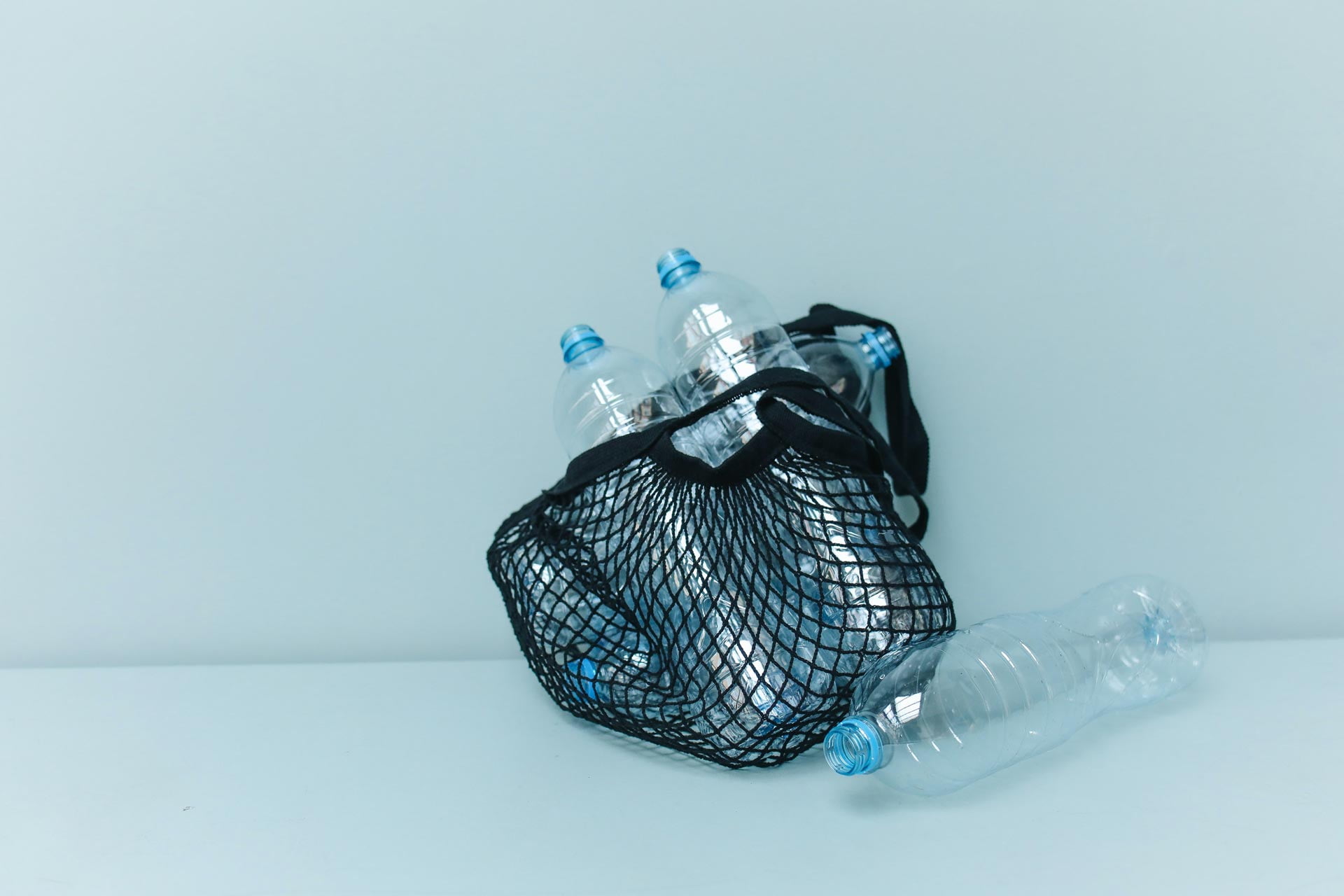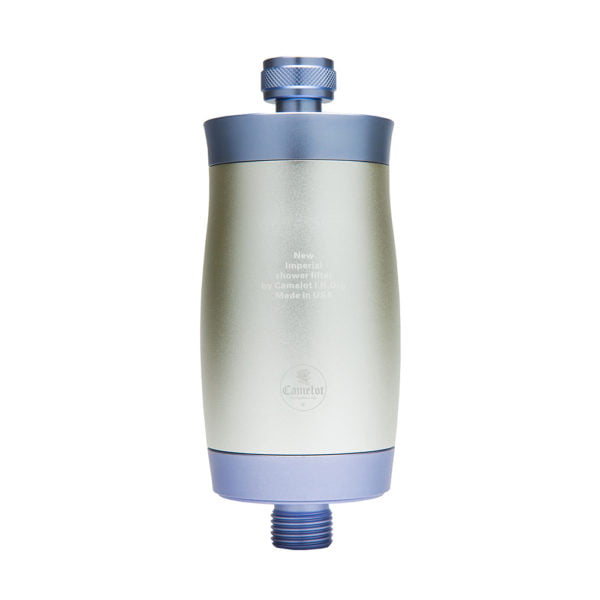Tiny pieces of plastic are found in many bottled waters

Microplastics in bottled water and in fact in more than 90% of bottled water bottles has been revealed by an international survey. These microplastics are unknowingly swallowed by the consumer. However, the survey does not include data for Greece.
The microplastics in bottled water are almost twice as high as those found in tap water. It is also worth mentioning that they are also present in popular products of well-known companies.
The researchers from the State University of New York, led by chemistry professor Sherry Mason, who have not yet published a scientific paper, conducted the research for the Orb Media, according to the BBC and the Guardian.
They analysed samples from 259 water bottles from nine countries and 11 different brands, finding an average of ten plastic particles larger than a human hair, i.e. more than 100 micrometres (millionths of a millimetre) wide. They also detected an average of 314 microparticles of possible (but not certain) microplastics for every one litre of water, with each particle ranging in size from 6.5 to 100 micrometres.
In some bottles, particle concentrations were as high as 10,000 particles per litre. Of the 259 bottles tested, only 17 contained no traces of plastic. The most common type of plastic in bottled water was polypropylene, which is also used in plastic bottle caps.
The bottles were purchased in the following countries: USA, China, Brazil, China, Brazil, India, Indonesia, Mexico, Lebanon, Kenya and Thailand.
The brands analysed were Aqua (Danone), Aquafina (PepsiCo), Bisleri (Bisleri International), Dasani (Coca-Cola), Epura (PepsiCo), Evian (Danone), Gerolsteiner (Gerolsteiner Brunnen), Minalba (Grupo Edson Queiroz), Nestle Pure Life (Nestle), San Pellegrino (Nestle) and Wahaha (Hangzhou Wahaha Group).
A second study - unrelated to the first - conducted in the US by the Story of Stuff organisation, which looked at 19 different brands of bottled water, also found a high presence of plastic microfibres. The researchers said that microplastics in bottled water are also airborne, so they can be present in bottling plants and thus sneak into the bottles.
The companies reacted by saying that their products meet the highest quality and safety standards. Nestle criticised the methodology of the first study, saying it could lead to "false positives", while Danone said the study used an analysis method that was "inconclusive".
On the other hand, Coca Cola pointed out that microplastics are ubiquitous in the environment, so "they are likely to be found at microscopic levels even in high protection products". And PepsiCo assured that its products are "reliably safe".
Gerolsteiner also did not rule out the existence of microplastics in the bottled water, which come either from the air or from the bottling process. He stressed, however, that they are found in lower concentrations than in pharmaceutical products.
"It's not about pointing the finger at specific brands, it's about highlighting that plastics are everywhere, they have become such a pervasive material in our society, they're seeping into our water, into all these products that we consume at a very basic level," Mason said.
So far there is no evidence that human consumption of these microplastics causes harm, but the issue is the subject of scientific studies. Previous studies have found microplastics in tap water, but also in many other products such as seafood, salt, beer, etc.
Source: THE BHMA







